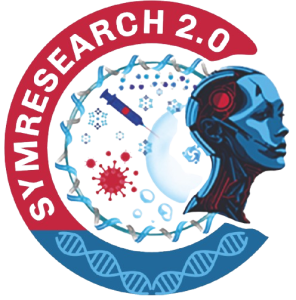Microbial engineering is a rapidly evolving field that involves manipulating the composition of microbes to improve human health. It has the potential to treat a variety of diseases, including nutritional, infectious, and non-communicable diseases:
- Infectious diseases: Microbial engineering can be used to prevent infections by modifying the skin or mucosal microflora. For example, nanoparticles can be engineered to carry antimicrobial compounds to specific pathogens in the microbiome.
- Non-communicable diseases: Microbial engineering can help treat inflammatory diseases, such as rheumatoid arthritis, cancer, and diabetes. For example, the gut–brain axis can be modulated to influence the microbiome and combat infectious diseases.
- Nutritional diseases: Microbial engineering can be used to ferment complex sugars and fibers, and produce short-chain fatty acids.
Moreover, antimicrobial resistance has become a one of the top global public health and development threats and considered as a One Health problem. Recently, WHO termed AMR as a salient pandemic. AMR occurs when microorganisms including bacteria, fungi, viruses etc. do not respond to existing antimicrobial agents, subsequently narrowing the options for clinical treatment and increasing the risk of complications, hospitality rates, and even the mortality rates. Although, concern of AMR is not new, yet post COVID-19 pandemic its impact on global health has further highlighted and raised questions regarding our preparedness for the fight against increasing cases of AMR.
In light of this, the present session in SYMRESEARCH 2025 aims to discuss various aspects of microbial research including:
- Microbiome engineering for nutritional diseases
- Microbiome engineering for infectious diseases
- Microbiome engineering for non-communicable diseases
- Silent pandemic/antimicrobial resistance (AMR)
- Vaccines
Learning Objective:-
To explore the role of microbes in disease development, host interactions, and emerging therapeutic approaches
Learning Outcomes:-
- Participants will be able to understand recent developments in microbial research and relate it to human physiology and disease.
- Participants will be able to analyze the interactions between the microbes and humans.
- Participants will be able to evaluate the therapeutic strategies that target microbial process for the treatment of diseases.
- The participants will be able to highlight key knowledge gaps in microbial research thereby stimulating future investigation and collaboration.

